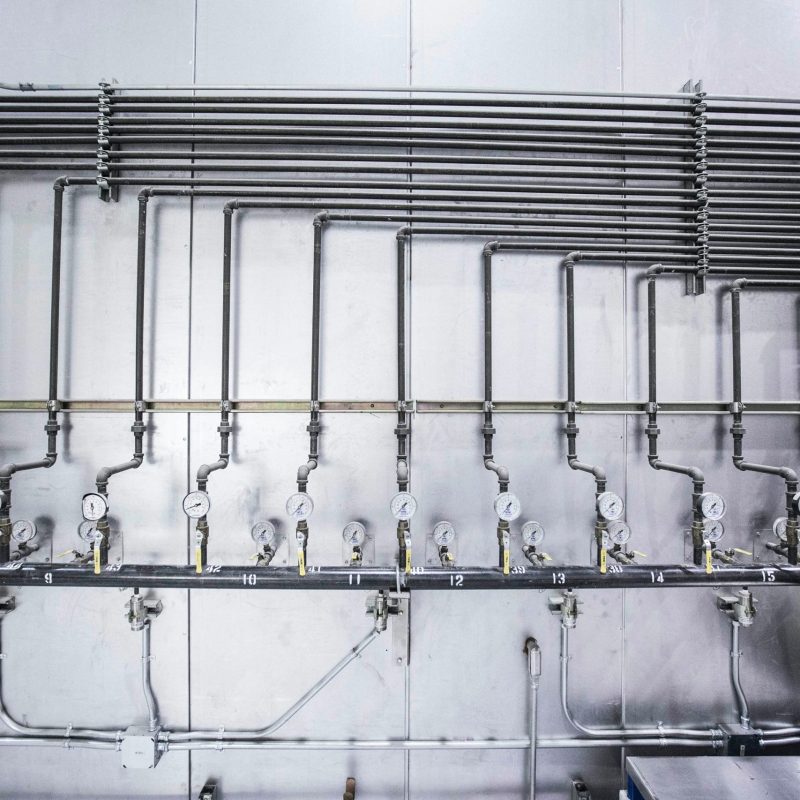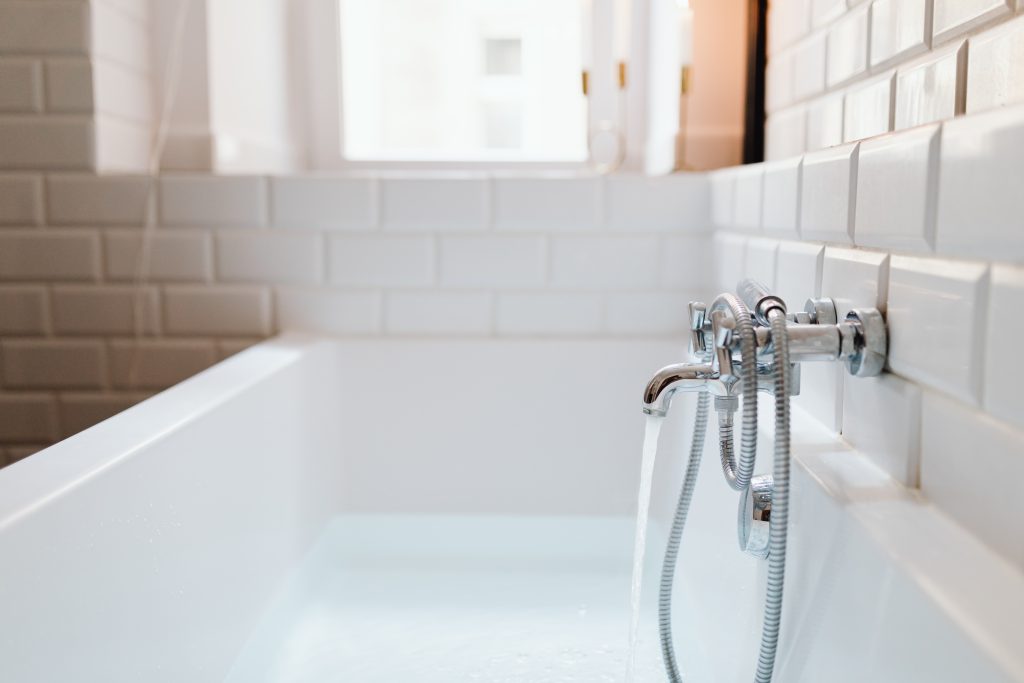Challenges Faced
While plumbing has come a long way, plumbers still face challenges in their work.
Plumbing emergencies can strike at any time, and when they do, it’s important to act fast.
While plumbing has come a long way, plumbers still face challenges in their work.
One of the most significant challenges is dealing with aging plumbing infrastructure, particularly in older buildings. Old pipes and fixtures can be prone to leaks, clogs, and other issues, requiring extensive repairs or replacement. Plumbers also face challenges related to safety, particularly when working with hazardous materials like lead and asbestos.
Burst pipes are familiar plumbing trouble, especially in the colder months. To prevent burst pipes, be sure to insulate your pipes, keep your home heated, and shut off your main water supply if you're heading out for an extended period.
Clogged Drains Clogged drains can cause water to back up and overflow, leading to water damage and other issues. To prevent clogged drains, avoid pouring grease or food down your sink, use a drain strainer to catch debris, and flush your drains with hot water and vinegar periodically.
Leaking Faucets Leaking faucets may seem minor, but they can waste significant water and increase utility bills. To prevent leaking faucets, replace worn washers and gaskets, and fix any leaks as soon as you notice them.
A sewer backup can be a health hazard and cause serious water damage. To prevent sewer backups, avoid flushing non-degradable items down your toilet, and have your sewer line inspected and cleaned periodically by a professional plumber.
Conclusion Plumbing emergencies are not something to ignore, and hiring a reliable plumber is crucial to prevent further damage and ensure your safety. By taking preventative measures and maintaining your plumbing system, you can reduce the risk of emergencies and save duration and cash in the long run. Remember to always research and hire a licensed and insured plumber for any plumbing work you need to be done.

Becoming a plumber requires specialized training and education. Most plumbers complete an apprenticeship program that combines on-the-job training with classroom instruction. Externships generally endure four to five years and cover topics like plumbing codes, safety, and installation and repair techniques. Plumbers may also need to obtain a license or certification, depending on the state or region in which they work. Plumbers use various tools and equipment to install, repair, and maintain plumbing systems. These include wrenches, pliers, pipe cutters, and pipe benders. Plumbers also use specialized equipment like video cameras and hydro-jetters to inspect and clean pipes. As plumbing technology continues to evolve, plumbers must hold up with the most delinquent instruments and equipment to provide the best service to their customers.
The plumbing industry constantly evolves, with new trends and innovations always emerging. One emerging trend is using 3D printing to create custom plumbing components, reducing waste and speeding up production times. Another trend is using drones to inspect hard-to-reach pipes and other areas, making it easier for plumbers to diagnose and repair issues. Regular maintenance is essential to keep plumbing systems working accurately and evade expensive repairs down the bar. Plumbers recommend regular inspections and maintenance for plumbing systems, including cleaning drains and inspecting pipes for leaks or damage. Homeowners can also take steps to maintain their plumbing systems, such as avoiding flushing non-biodegradable items down the toilet and regularly checking for leaks.
